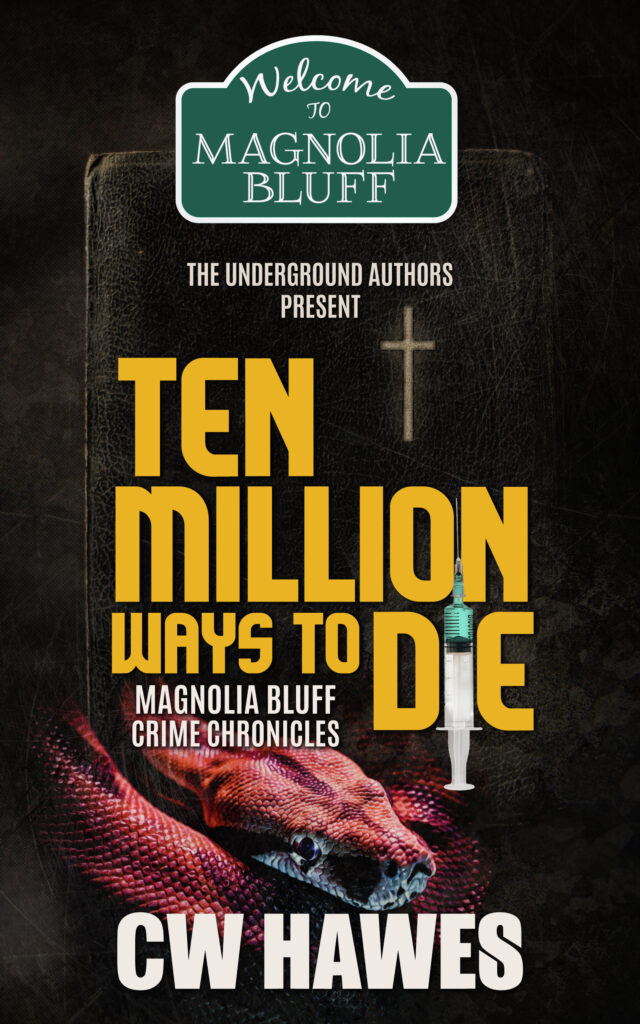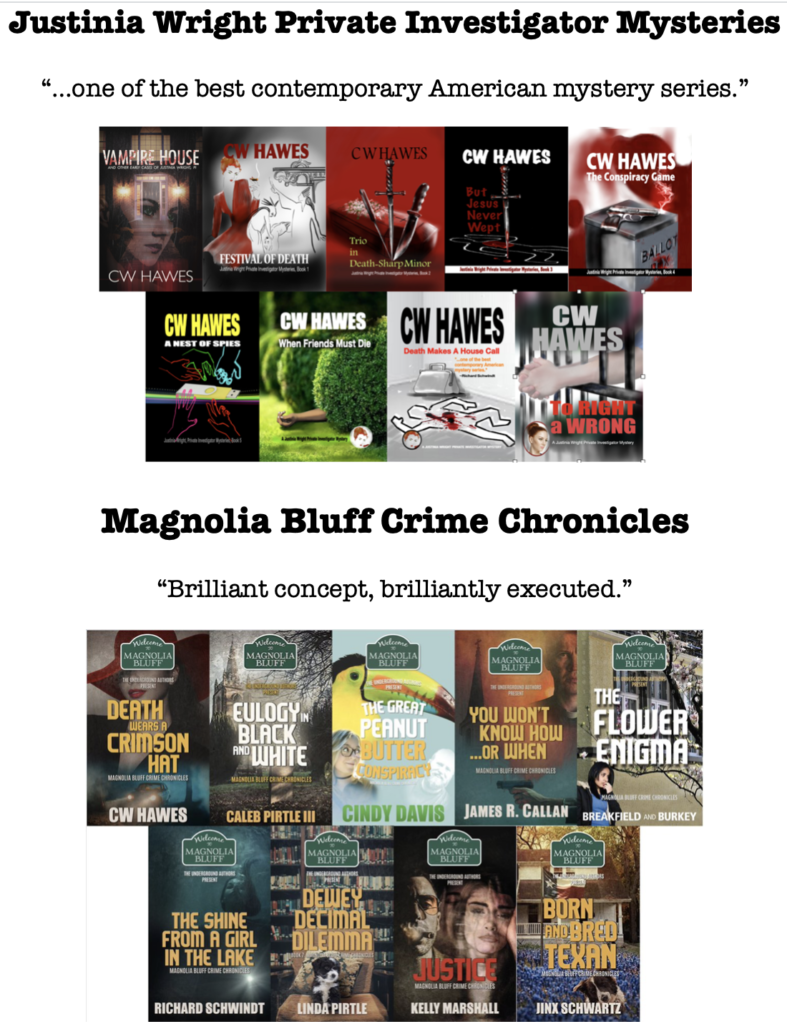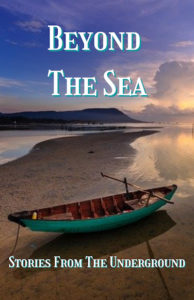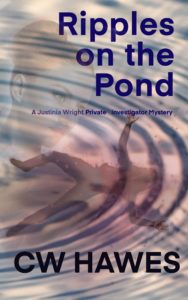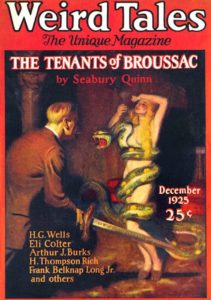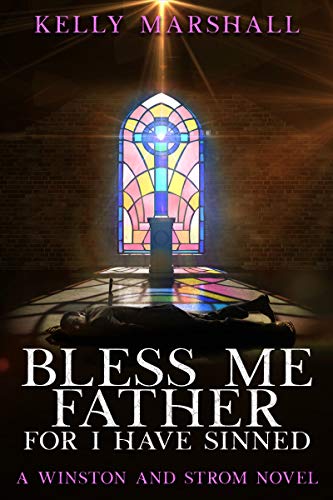Commercial fiction has existed ever since that first storyteller figured out he could get paid for telling stories. Paid on a regular basis, that is. That genius is lost to the mists of time, sad to say, but his legacy lives on.
The seeds of modern commercial fiction began in the 1700s with such money making gems as Pamela and Varney the Vampire. And continued into the 1800s, first with anonymous potboilers, such as those written by Louisa May Alcott, and stories from the pens of Poe, Dickens, and Trollope; and then on to the penny dreadfuls, the five-cent novels, and ten-cent novels of the later 1800s.
Commercial fiction blossomed in the 20th Century beginning in the 1920s and it continues unabated to this day.
So just exactly what is commercial fiction? H. Bedford-Jones (dubbed King of the Pulps) put it this way:
Look at magazine fiction. Has it any pretensions, any purpose, other than to entertain the reader? Absolutely none. A fiction magazine shuns in horror all propaganda, religious controversy, and boresome highbrow effusions. Its business is simply to make its readers forget their troubles and come again for more.
Edgar Rice Burroughs was even more straightforward:
No fiction is worth reading except for entertainment. If it entertains and is clean, it is good literature, or its kind. If it forms the habit of reading, in people who might not read otherwise, it is the best literature.
The bottom line is this: commercial fiction’s sole purpose is to entertain. And I would add — make money for the writer.
The writer of commercial fiction is an entertainer. No different than a singer, or a magician, or a carnival busker, or any sort of performer.
However, we writers aren’t told this. At least not by our English lit teachers in high school or college. And certainly not by creative writing professors.
Why? Well, the establishment only values what’s called literary fiction. That is, books and stories that have a message and are written with the message foremost in mind, not whether or not the story entertains. It may entertain, but that’s not its purpose.
Now the irony of this view lies in the fact that much so-called “literary” fiction was in its day commercial fiction.
One need go no further than Shakespeare. Bill did not sit down and write Hamlet or MacBeth or The Taming of the Shrew with the literary value of these stories in mind. He was writing to make a few quid to keep a roof over his head, food on the table, and to make sure his wife and mistress were happy.
Yet while making a buck, Bill wrote some great literature. Funny how that worked out.
Louisa May Alcott turned to writing anonymous potboilers to put food on the table and pay the rent because her head-in-the-clouds father, Bronson Alcott, didn’t have a clue as to how to support his family. Louisa May also wrote Little Women to keep the wolf from the door. The rest, as they say, is history.
Edgar Allan Poe wrote commercial fiction. He told stories for money. So did Sir Arthur Conan Doyle, Rudyard Kipling, and H. Rider Haggard. And for that matter, so did J.K. Rowling.
Yet the academics, even for JKR, try their best to hide the filthy lucre aspect and dub the writings of those folks as great literature.
Even JRR Tolkien wasn’t trying to write great literature. He kind of thought of himself as this reincarnated Norse bard who was telling a story in the king’s great hall. And why did bards do that? To entertain their host as payment for a meal and a bed.
Robert E Howard wrote stories to make a buck. He was writing to entertain. In the process, he wrote some very fine literature. The same with Dickens, and Trollope, and Alcott, and Wells, and Dumas, and Verne, and most of the writers who wrote what is today called great literature.
I’ve been thinking about this distinction between literary fiction and commercial fiction, because of my interest in the writers who wrote for the pulp magazines. They wrote for money. They weren’t writing great literature. They were writing entertainment. Yet sometimes they did indeed write great literature, or at least fiction that came close to great literature.
One of the best statements on religious belief that I’ve read is in the second Tarzan novel. Who would’ve guessed?
H. Rider Haggard’s She was written as entertainment, but the story drives us to think about the purpose of life. And that is exactly what great literature is supposed to do.
Commercial fiction isn’t bad. It’s what most people want. So why shouldn’t someone write it for them?
Quite honestly, I mostly read commercial fiction. I think Hemingway’s “Hills Like White Elephants” is a fabulous story. So much is said by not saying anything. It’s a thought-provoking and memorable piece of fiction. But I’d much rather read Robert E Howard’s Solomon Kane stories. Why? Because they’re fun.
This exploration of mine into the writers of pulp fiction and the stories that they wrote has given me a lot to reflect on concerning my own path as a writer.
Given my present course, I see myself in a kind of fictional no man’s land. I’m not writing literary fiction and I’m not writing commercial fiction. As a result, I’m not making much money. And I do want to make money. At least enough to cover my expenses.
I’m not sure what the future will bring. How this exploration will affect my writing if it affects it at all. Because the actual writing is only one piece of the puzzle. There are also the other pieces: catchy titles, catchy cover art, catchy blurbs, effective marketing (both paid and unpaid). And who you know.
We can’t forget the who you know factor. If Mark Dawson, or Michael Anderle, or Agatha Frost, or Scott Pratt suddenly started promoting my books — why, my problems would be over.
All of the above, plays into the end result.
So I’m off to have a think. Not a heavy think. Just a let it simmer think. In the meantime, I’m going to have a cup of tea and read Ganbaru, written by Matthew Cormack, who’s one of my favorite post-apocalyptic writers. He entertains, and makes me think. What can be better than that?
Comments are always welcome! And until next time, happy reading!
Share This!

 CW Hawes is a playwright; award-winning poet; and a fictioneer, with a bestselling novel. He’s also an armchair philosopher, political theorist, social commentator, and traveler. He loves a good cup of tea and agrees that everything’s better with pizza.
CW Hawes is a playwright; award-winning poet; and a fictioneer, with a bestselling novel. He’s also an armchair philosopher, political theorist, social commentator, and traveler. He loves a good cup of tea and agrees that everything’s better with pizza.